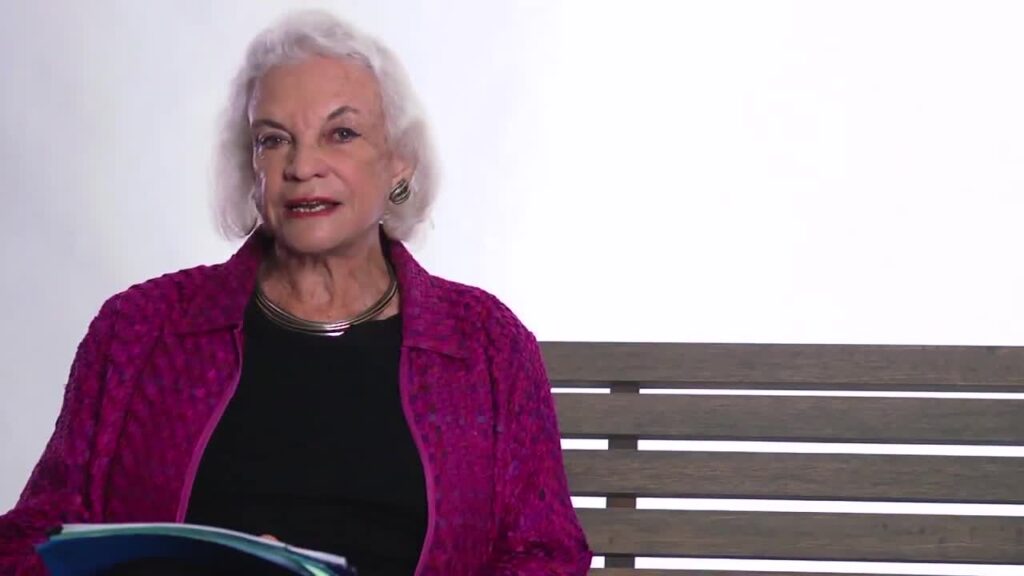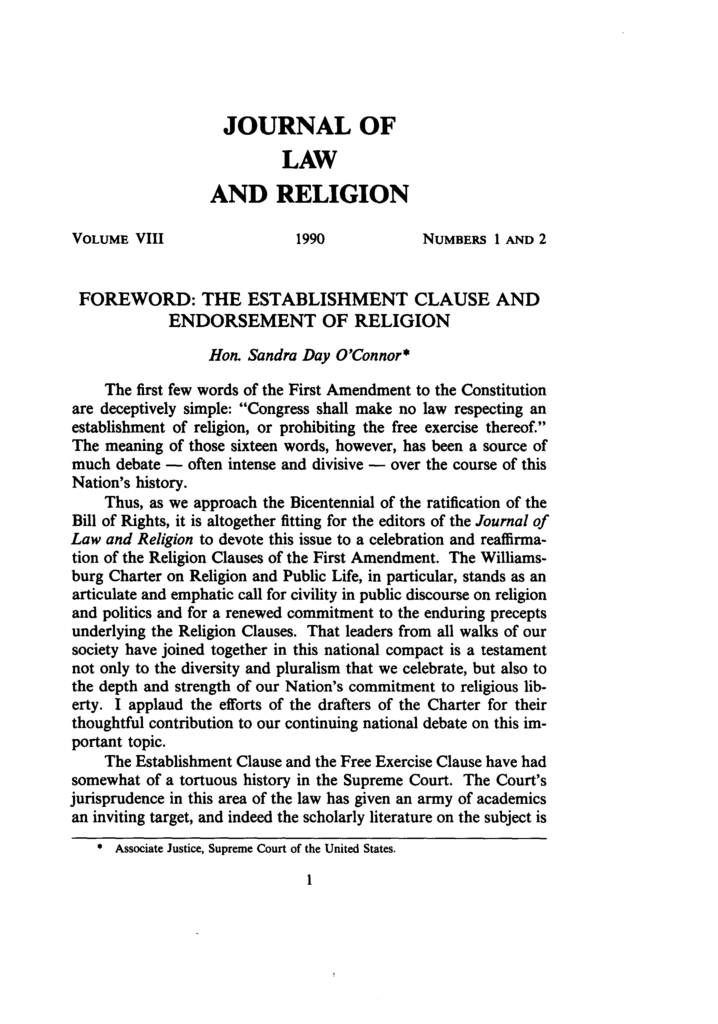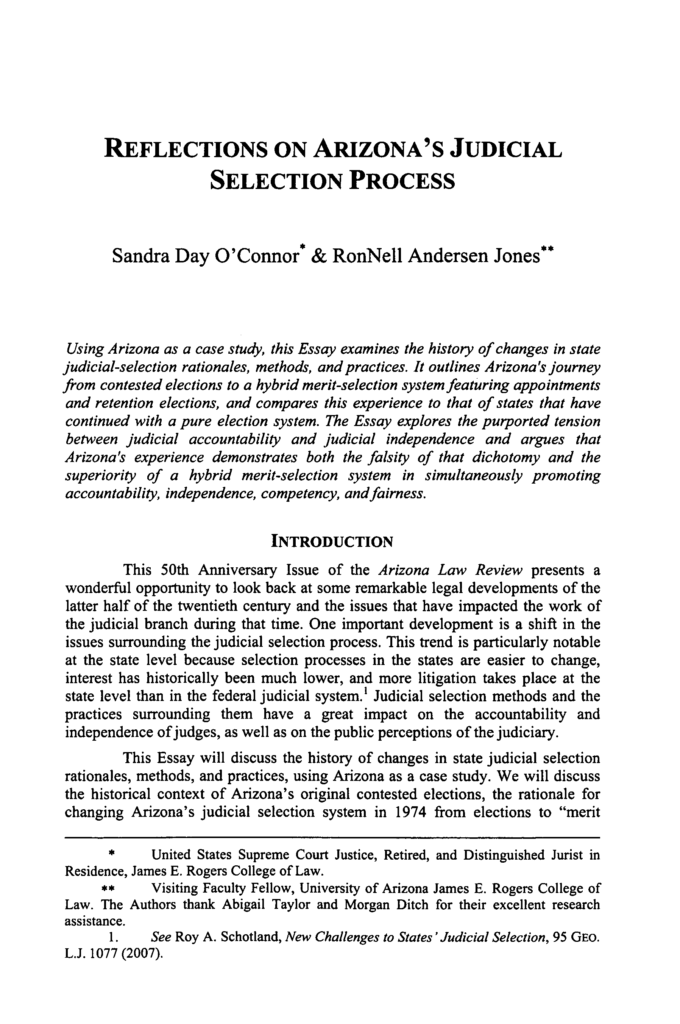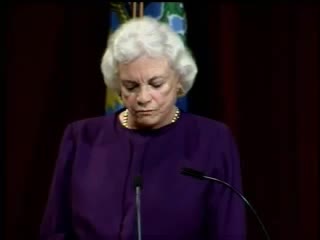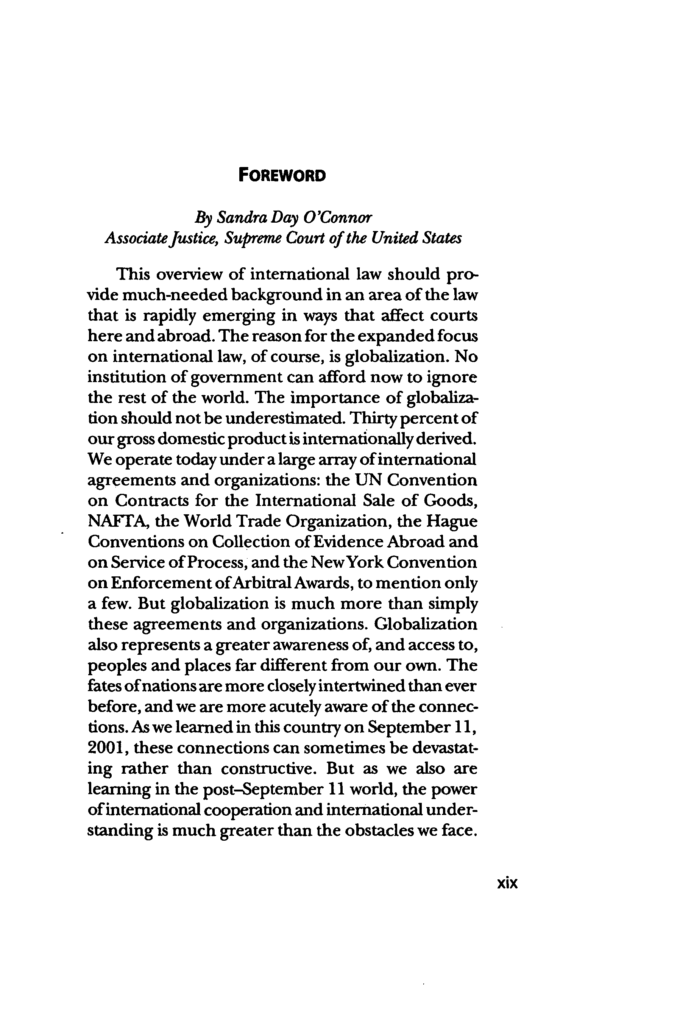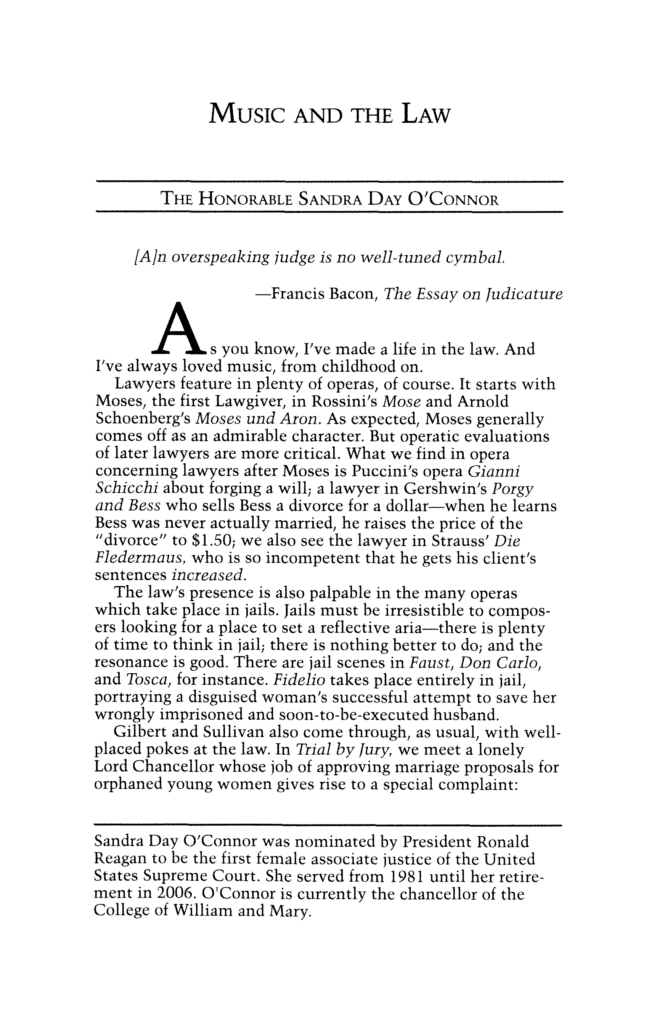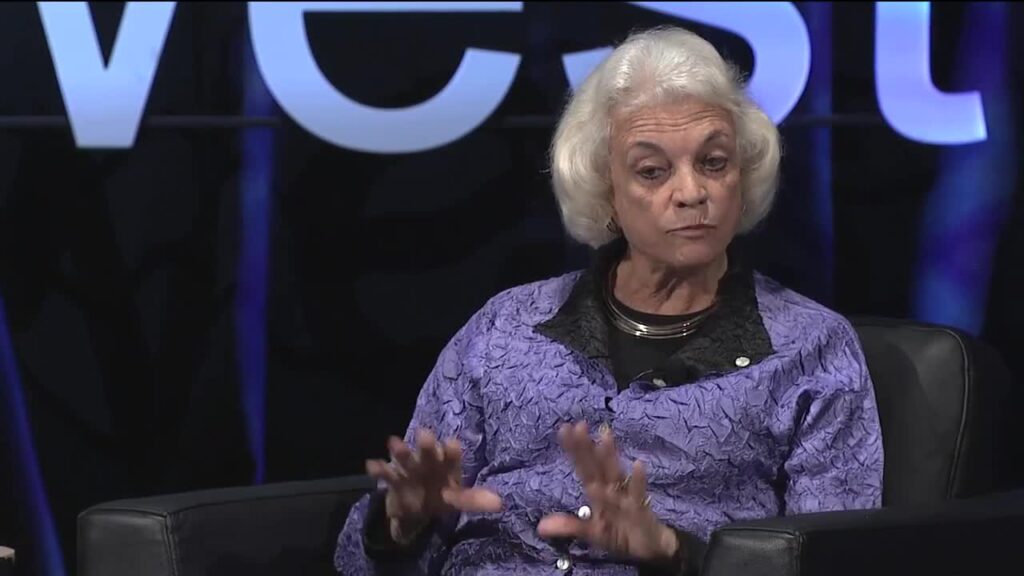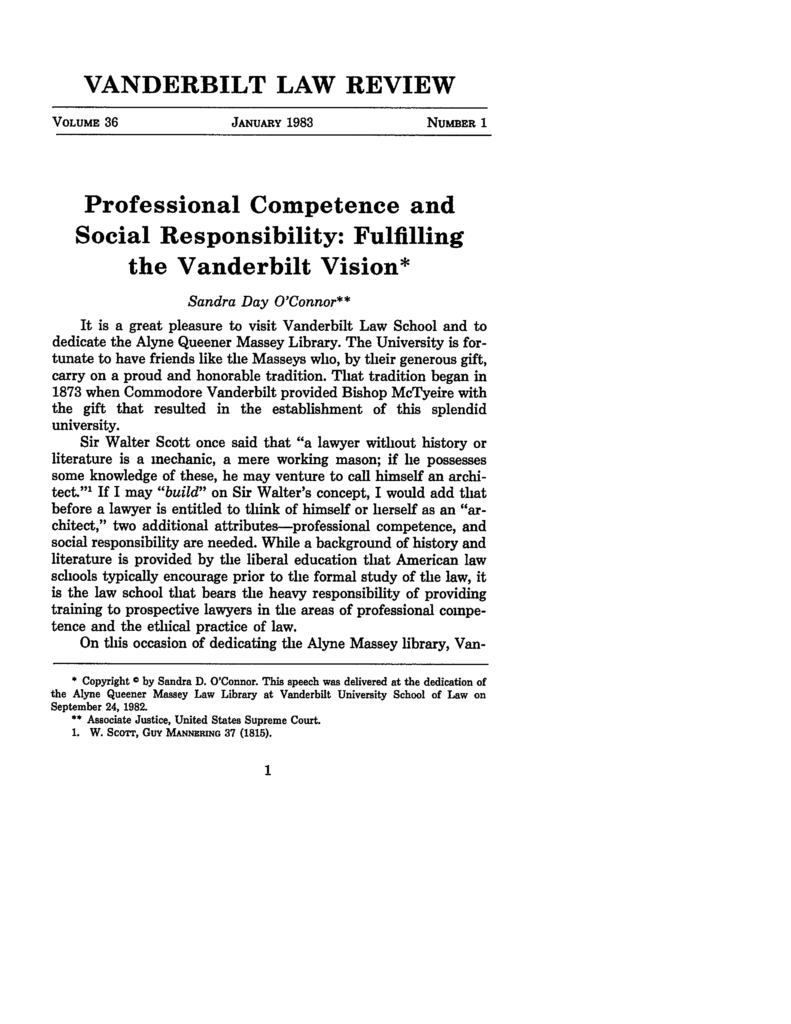Professionalism: The Commitment and Dedication to Making a Difference
IT IS HARDLY A SECRET THAT MANY LAWYERS TODAY ARE dissatisfied with their professional lives. The pressures associated with the increasing commercialization of law practice have made lawyers, as a group, a profoundly unhappy lot. As one New York Times article concluded: “Job dissatisfaction among lawyers is widespread, profound and growing worse.”1
An examination of the research on lawyers’ overall well-being isdeeply troubling. Attorneys are more than three times as likely as nonlawyers to suffer from depression, and they are significantly more apt to develop a drug dependency, to get divorced, or to contemplate suicide. Lawyers suffer from stress-related diseases, such as ulcers, coronary artery disease, and hypertension, at rates well above average . Unsurprisingly, a recent RAND Institute study of lawyers in California found that they were “profoundly pessimistic about the state of the legal profession and its future” and that only half would choose to become lawyers if they had it to do over.2
This dissatisfaction with the present state of the legal profession is not limited to those within the legal community. Lawyers increasingly have been the subject of public derision. A lawyer in Texas recently filed a lawsuit claiming that he had been the victim of housing discrimination. Apparently, after several unpleasant experiences, the property company had adopted a policy of never selling new homes to attorneys. In economics, lawyers are typically described as creating deadweight

